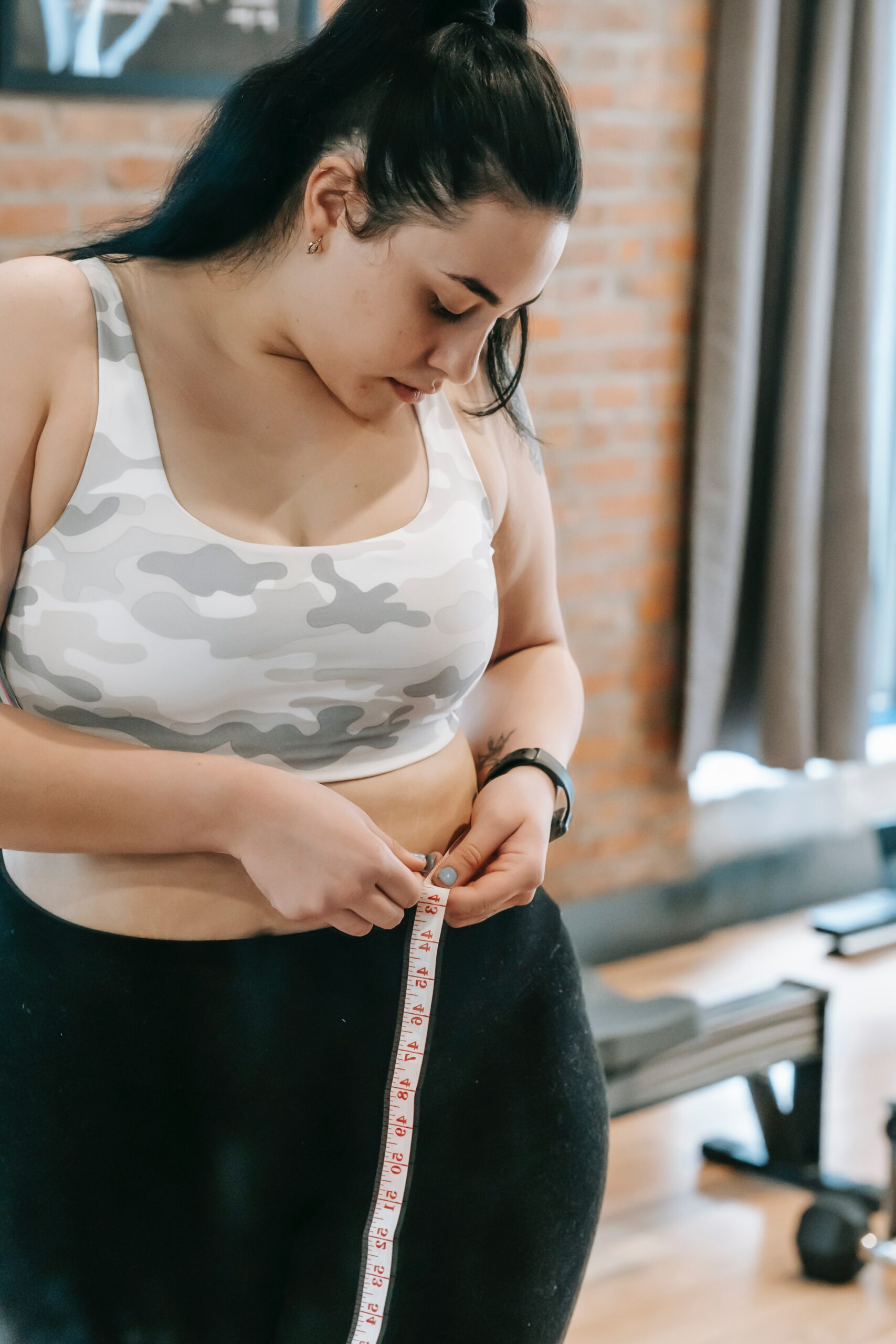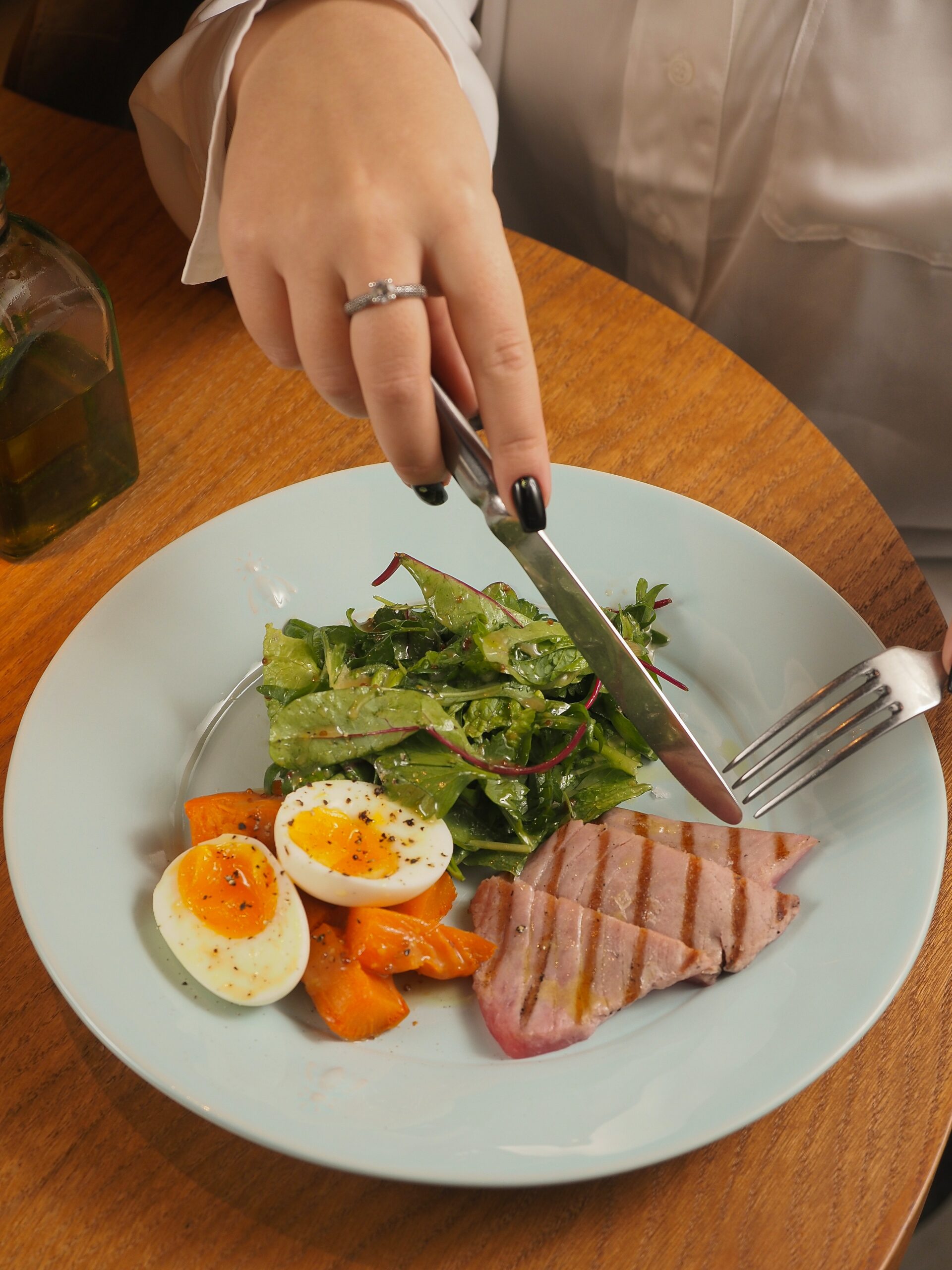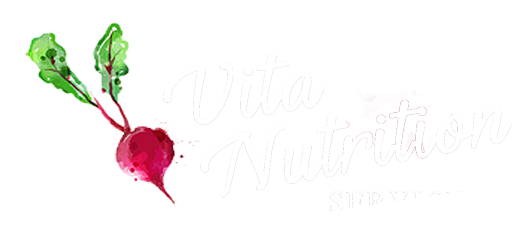What is an eating disorder? We all have different experiences that shape our relationship with food and our body. A poor relationship with body and food can take a toll on our emotional and physical wellbeing, and bleed into other areas of life like our social circles, home life, and career. Whether you are thinking you may have an eating disorder, or just feel uncomfortable with your relationship with food and body, it’s important to show yourself the love and respect that you deserve by cultivating a healthy narrative around food and body image.
The DSM-5, a classification of disorders, names several different types of eating disorders including Anorexia Nervosa, Bulimia Nervosa, and Binge Eating Disorder — to name a few. This is not an exhaustive list, and often (because everyone is so unique) an eating disorder doesn’t fit into a neat diagnostic box. You can also have some elements of disordered eating that might not be severe enough to classify as a disorder, but if left untreated could become one.
How do you know if you have an eating disorder? Well, it’s not something you can diagnose yourself, but there are signs to look out for and seek help. That being said, If any of the items on the list below stand out to you, you may want to investigate further. Lastly, if there's any concern, schedule an appointment with a dietitian and talk to your primary care provider.
1. Dramatic wight loss or gain

2. Obsessive weight checking

3. Social anxiety around mealtime

4. Stopping menstration

5. Excessive Exercise

6. Negative self-talk about your body

7. Obsession with food, dieting, counting calories, etc.

8. Shame or anxious feelings when you think about food.

In conclusion, If you’d like to receive help for an eating disorder or disordered eating, book an appointment with one of our registered dietitians in Collingswood, NJ or online. We are in network with most major insurances, but if you are still worried about the cost, please schedule a free consultation to see what would work best for your situation.
This is not medical advice, if you think you may have an eating disorder, schedule an appointment with a qualified healthcare provider.
We'd love to hear about your experiences in the comments!
Book your appointment in Collingswood, NJ or online
Have more questions? We can help you take control of your mental and physical health.

It never would have occurred to me that an eating disorder is something that you can’t diagnose yourself. I think that I might have an eating disorder because I tend to eat a lot of food when I am extremely stressed. I don’t want to have problems with my heart, so visiting an eating disorder specialist seems like a good idea.
For sure! This journey can be difficult we always recommend our clients reach out to their healthcare providers for an evaluation if they feel like they could have disordered eating or an eating disorder. Eating disorders are a spectrum with different support structures all along the way. It sounds like you are on the right track with wanting a diagnosis and finding support to help!